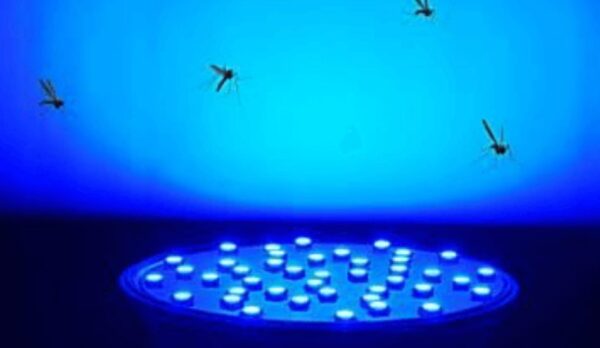
As mosquito season ramps up, many South Africans turn to blue light zappers for a chemical-free solution to those itchy, sleepless nights.
But how effective are these glowing devices really?
Let’s explore what science says — and what real users are actually experiencing.
What are blue light mosquito zappers?
Blue light mosquito zappers, often called UV insect traps, are electronic devices that use ultraviolet or blue light to attract insects. Once close enough, bugs are either zapped by an electric grid or trapped inside.
They’re marketed as non-toxic, convenient alternatives to sprays or coils — but do they actually target mosquitoes?
What science tells us
Scientific studies have shown that mosquitoes are not primarily attracted to light. Instead, they rely on:
A well-known study from the University of Delaware found that out of over 13,000 insects killed by bug zappers, fewer than 1% were mosquitoes. The majority were moths, beetles, and other non-biting insects — some of which are even beneficial to the ecosystem.
In short, mosquitoes don’t care about blue lights nearly as much as they care about you.
What South African users are saying
User experiences across South Africa tell a similar story. Many report that while these devices kill a fair number of insects, mosquitoes remain a persistent problem.
“It zapped constantly all night, but I still woke up with bites.”
— Mpho, Johannesburg
“Helpful for moths and flies, but I had to use coils for mosquitoes.”
— Tammy, Durban
“It looks cool and makes me feel safer, but mosquitoes aren’t fooled.”
— Lebo, Pretoria
Some users find minor relief, especially when zappers are placed near entry points or used alongside other methods. But very few consider them a stand-alone solution.
What actually works against mosquitoes?
If you’re serious about preventing mosquito bites, these strategies are proven to be more effective:
-
Use repellents containing DEET, picaridin, or citronella
-
Install mosquito nets or mesh on windows and doors
-
Eliminate standing water in buckets, pots, or drains around your home
-
Use CO₂-based traps that mimic human breath
-
Switch on a fan — mosquitoes are weak fliers and avoid strong airflow
Final thoughts
While blue light zappers may kill a few mosquitoes here and there, both scientific evidence and user experiences show they’re far from a reliable solution. They’re more effective at eliminating harmless insects than the ones that bite.
If you want true mosquito control, focus on what actually attracts them: your breath, your heat, and still water around your home.
Don’t let the glow fool you — fighting mosquitoes takes more than a fancy light show.
